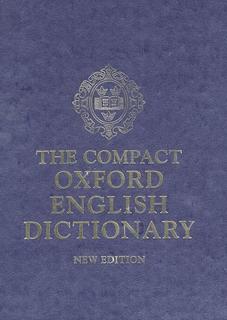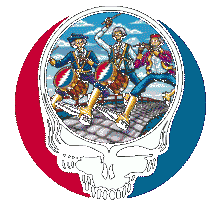Oxford English Dictionary adds 'Deadhead'

From the South End:
Oxford English Dictionary spells it out for us
By John Mark Eberhart Knight Ridder
If you’re still calling hundred-dollar bills “C-notes,” your slang is outdated. Try “Benjamins.”So says the latest online edition of the Oxford English Dictionary. While you still can purchase the OED as a 20-volume set of books or CD-ROM, 21st-century lexicographers who really want to keep up are subscribing to http://www.oed.com/ for quarterly updates.Any way you look at it, though, the English language is changing. Paper, plastic or hyperspace, the OED now lists more than half a million words, which is updated with thousands of new entries every three months.The OED “is not a fading, static collection of words,” says Don Myers, senior publicist at Oxford University Press’ New York office. “It’s a constantly evolving lexicon.” The online edition updates about 2,000 entries per quarter, Myers said, with about 70 percent of those being brand-new terms. The others are modifications or additions to existing definitions.Recent new terms in the OED online include “supersize,” which now can mean vastly increasing the size of anything, although it must be noted the word is derived from a fast-food meal option that corporations such as McDonald’s already have withdrawn. “E-learning” — the use of virtual classrooms and the like — probably has more staying power. And “spyware,” the insidious software applications used to monitor our electronic lives, seems here to stay.
Pop music, in fact, seems to be an OED weakness. On March 10, the online version added the proper noun “Deadhead” to denote a fan of the Grateful Dead — nearly 10 years after the band’s lead guitarist, Jerry Garcia, died.



0 Comments:
Post a Comment
<< Home